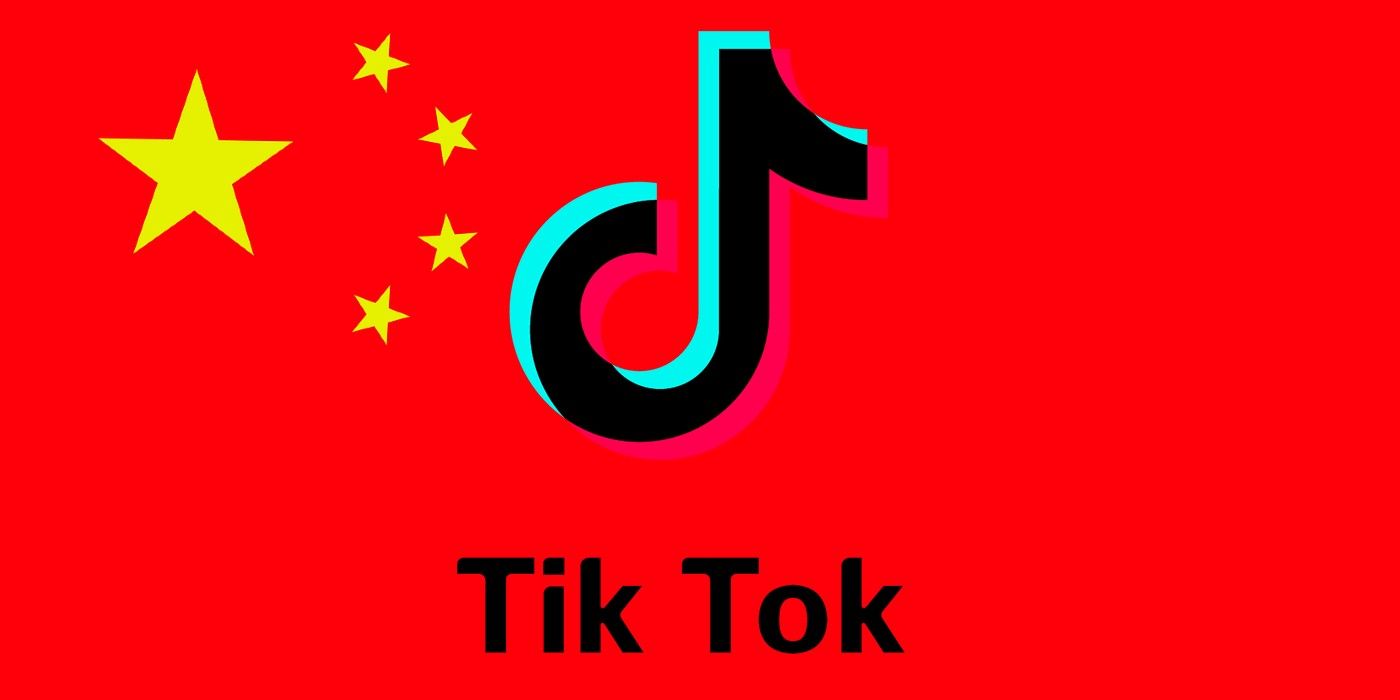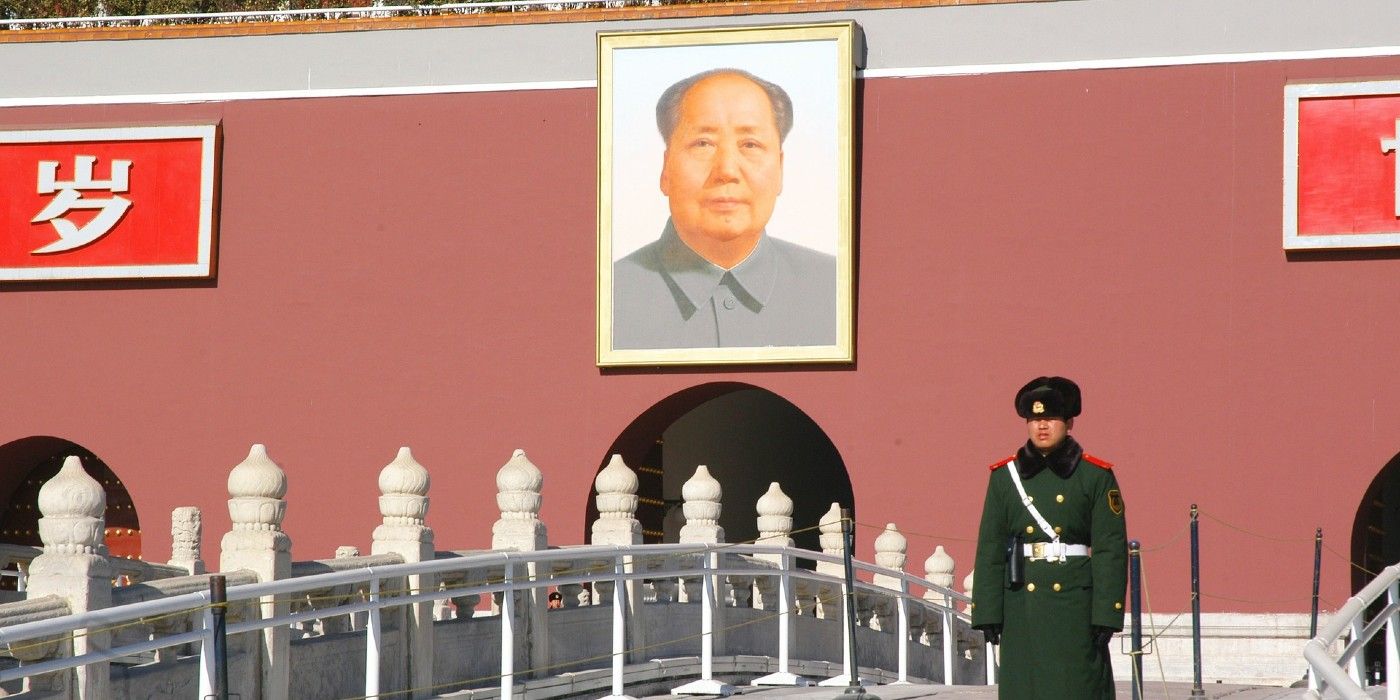TikTok may be sending your private, personally identifiable and biometric data to servers in mainland China without your knowledge or consent. This is according to a class action lawsuit that was filed in California that was reported by NBC. The social media app that is mostly popular with young teens has been facing increased scrutiny recently due to it's connections with mainland China. The company behind TikTok, Beijing ByteDance Technology, has previously made claims that it does not store any of its US users data in China - which would make it subject to the nations data sharing laws.
For those unaware, TikTok is primarily a video sharing social media platform that competes with other products such as Twitter and Facebook. The reason TikTok has been attracting an increasing amount of negative attention from both the press and the US government has to do with a number of issues.
First, mainland China has data laws that essentially saw that all companies operating in the country must give full access to all of their data to the government at any time, for any reason. Second, reports suggest that the app has seen content that is viewed as politically sensitive in China being mysteriously deleted. Lastly, the US government has started a national security review into the company and its owners due to fears of both political censorship and how user data is stored.
Should You Avoid TikTok For Privacy Reasons?
When most people send emails, text messages or other forms of private social media communications, they probably have a general expectation of privacy. That being, they would assume that no one besides themselves and their intended recipients can see it. With the way Chinese data laws are written, any app that sends data to China may find itself subject to the previously mentioned law. That means the police, military, or any other branch of government could see your latest selfies and DM's to your crush. TikTok still argues that it does not store user data in China, but the evidence for or against the company is still limited.
In regards to censorship, if you are looking for a platform to find or share information that may be deemed politically sensitive in China (such as the recent and ongoing Hong Kong protests, or even more innocuous terms like "Barack Obama" or "Shinzo Abe"), you are better off sticking to another platform. Again, TikTok denies censoring content, but the report that appeared in The Guardian last December suggests otherwise. In the end, whether you trust the platform or not is entirely up to you.
Next: Why Winnie The Pooh Is Banned In China
Source: NBC


